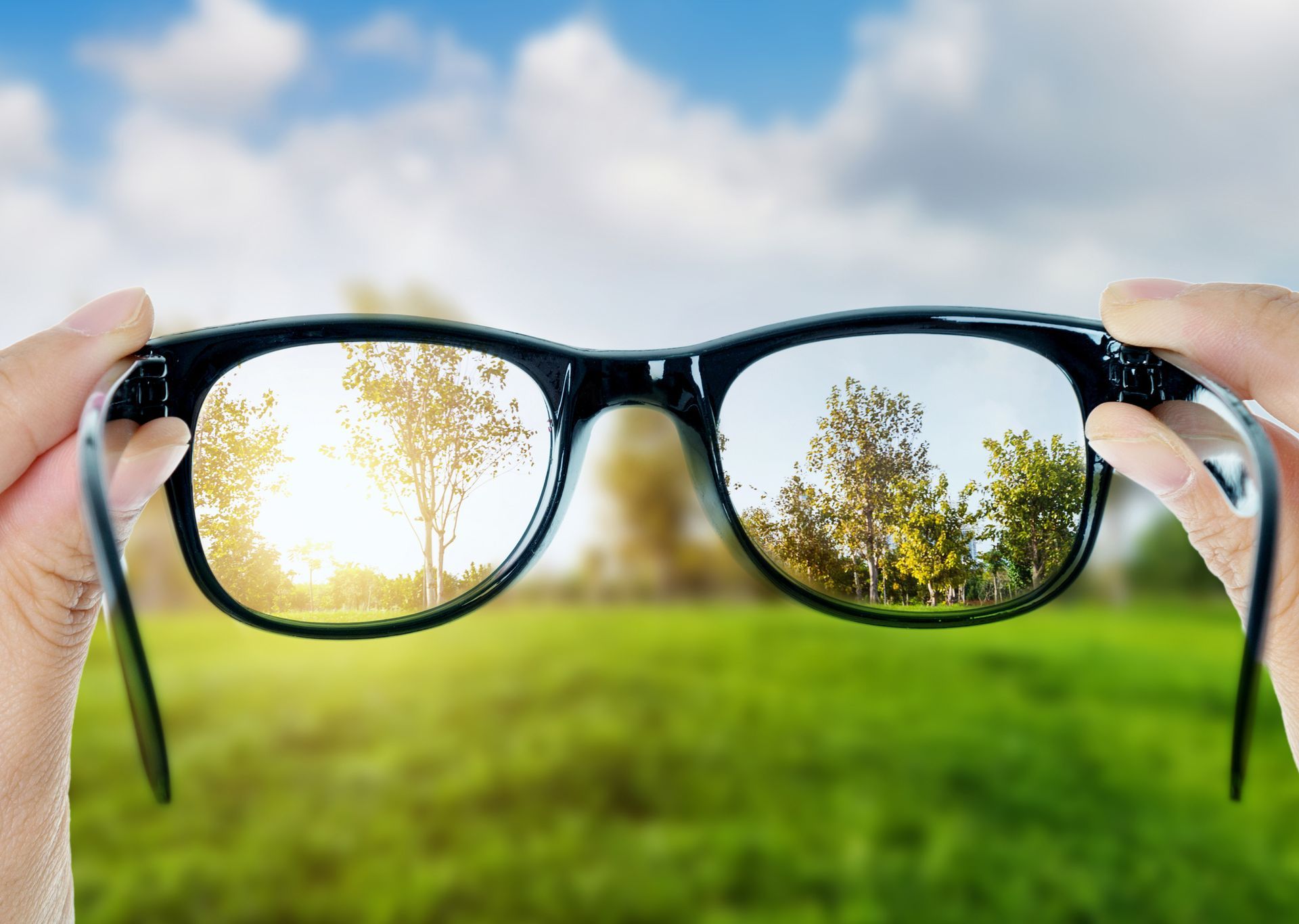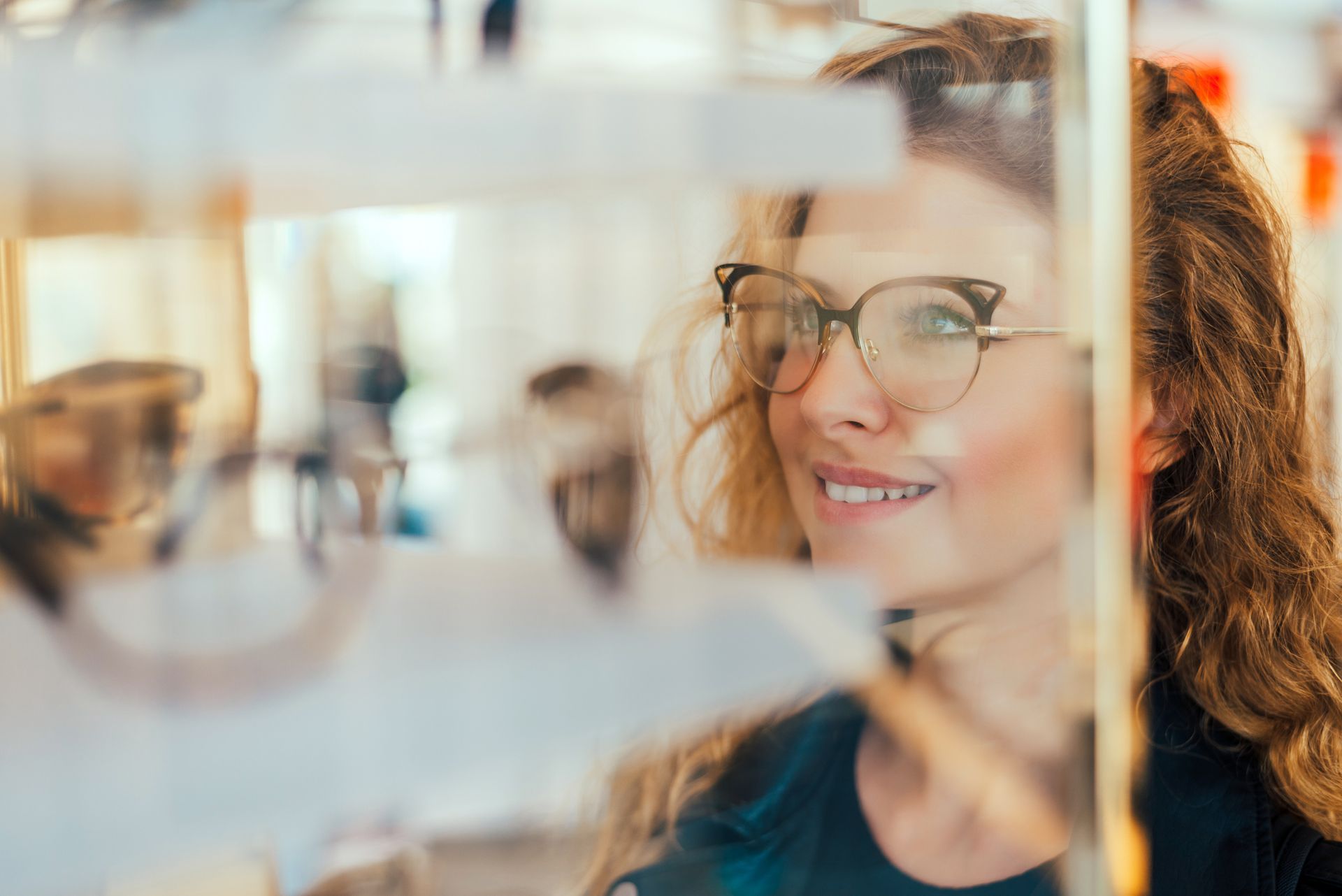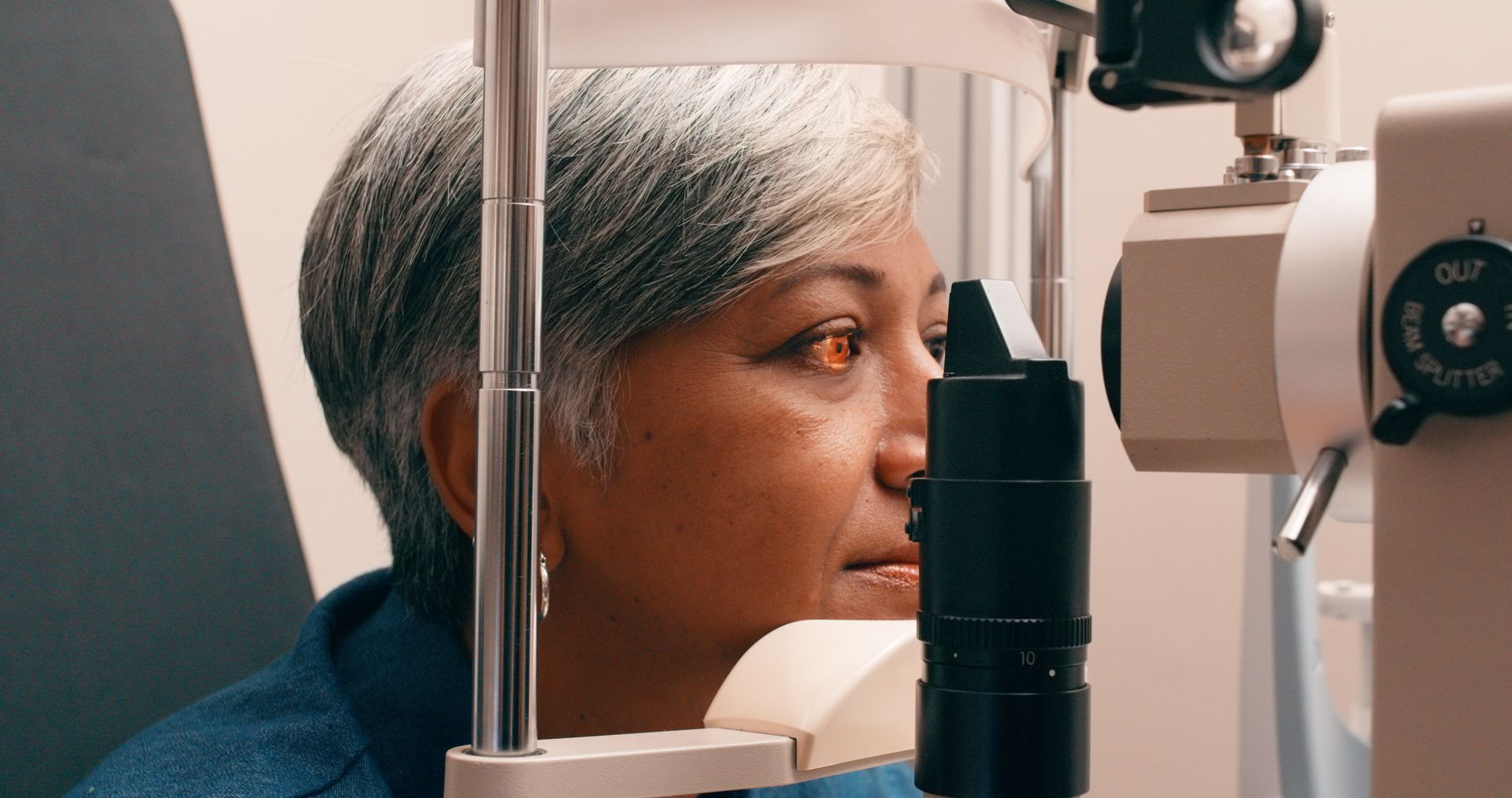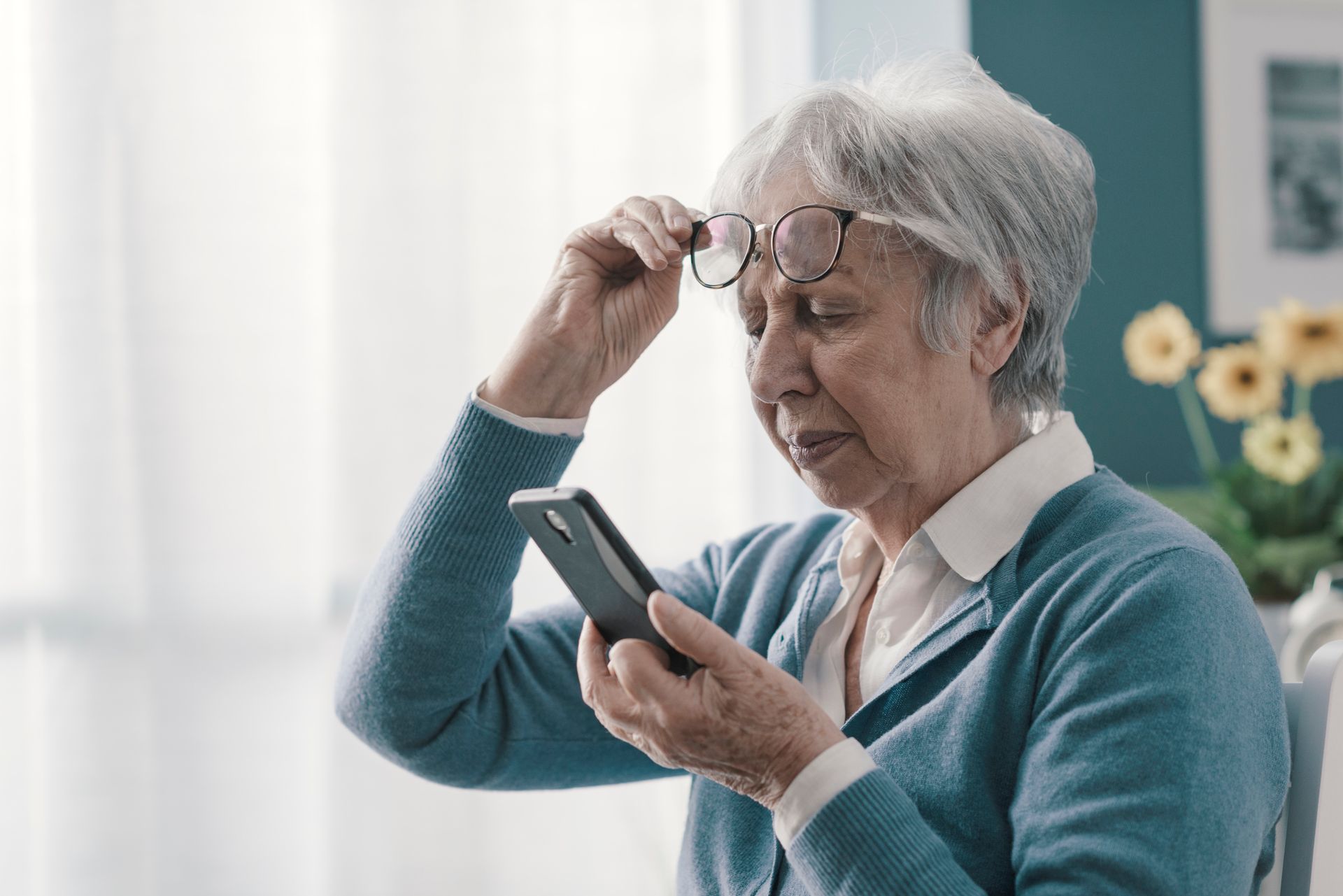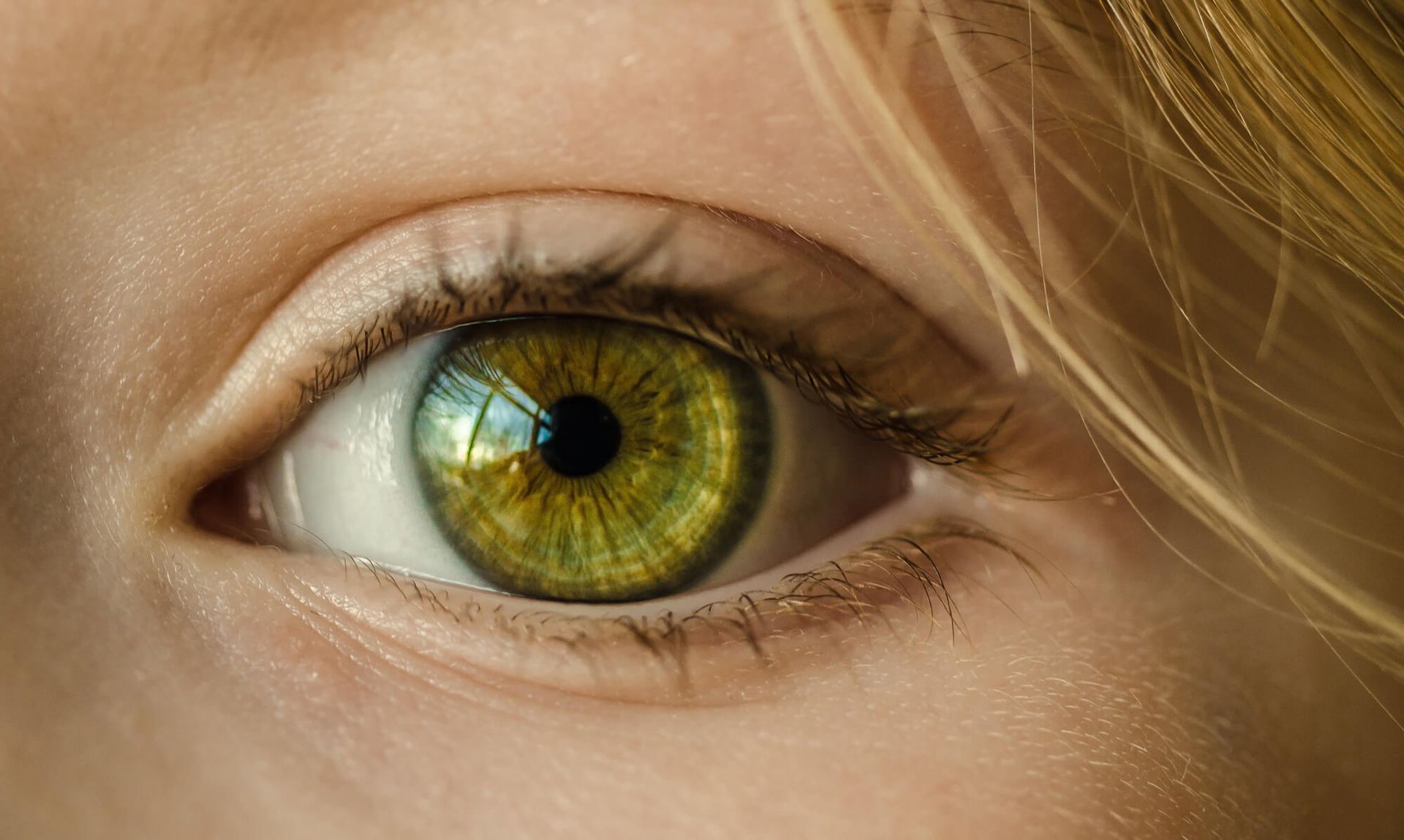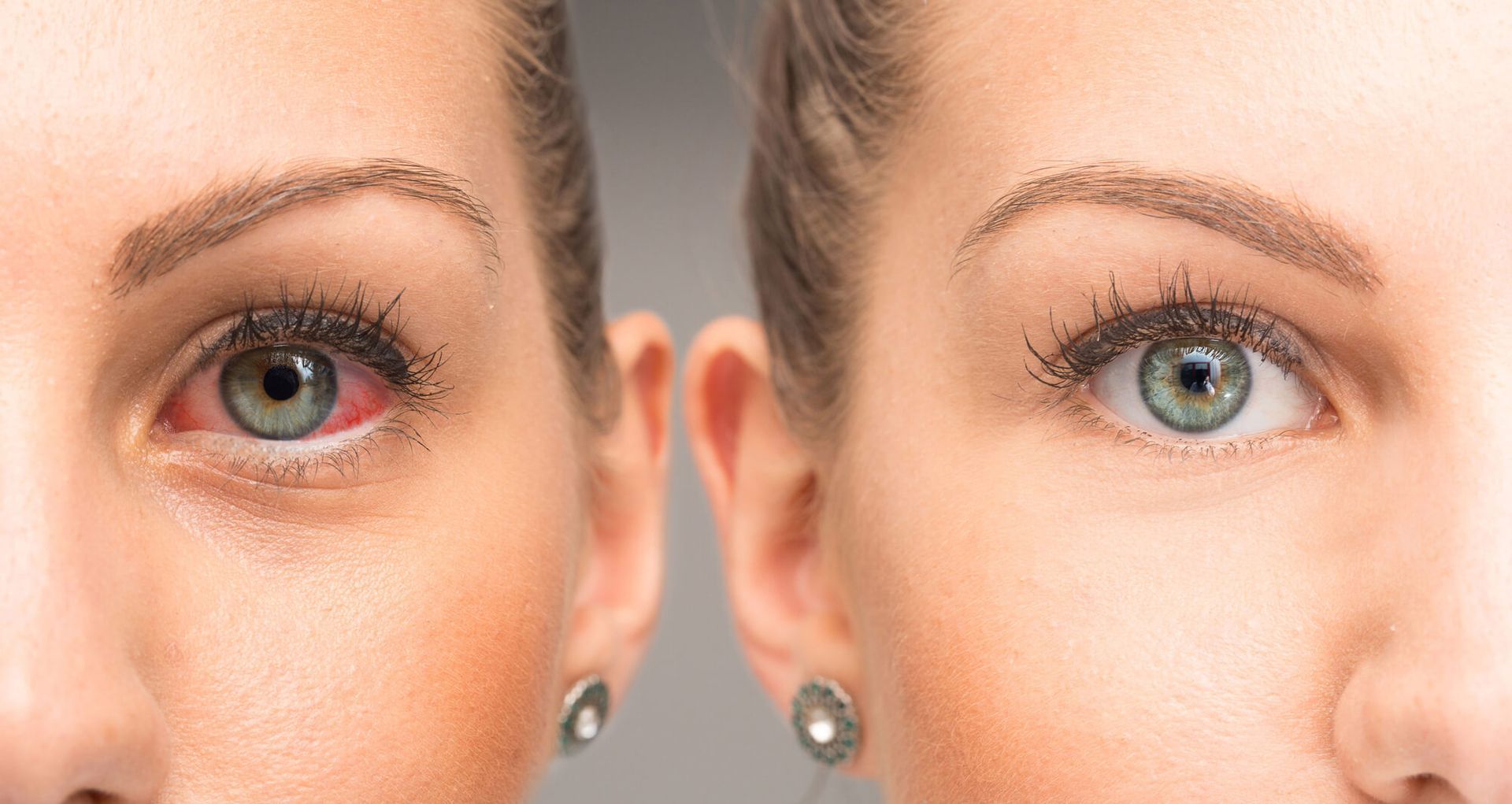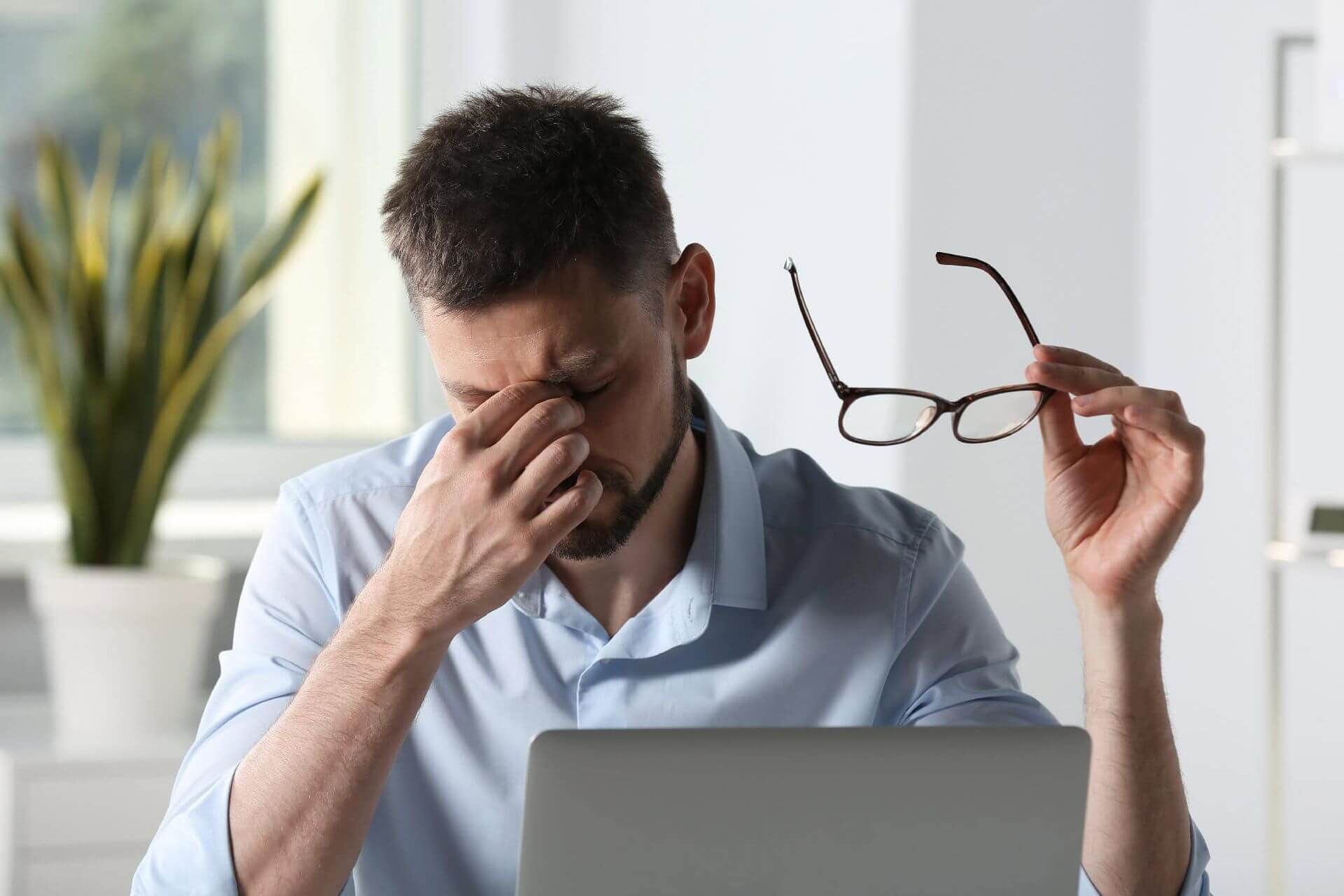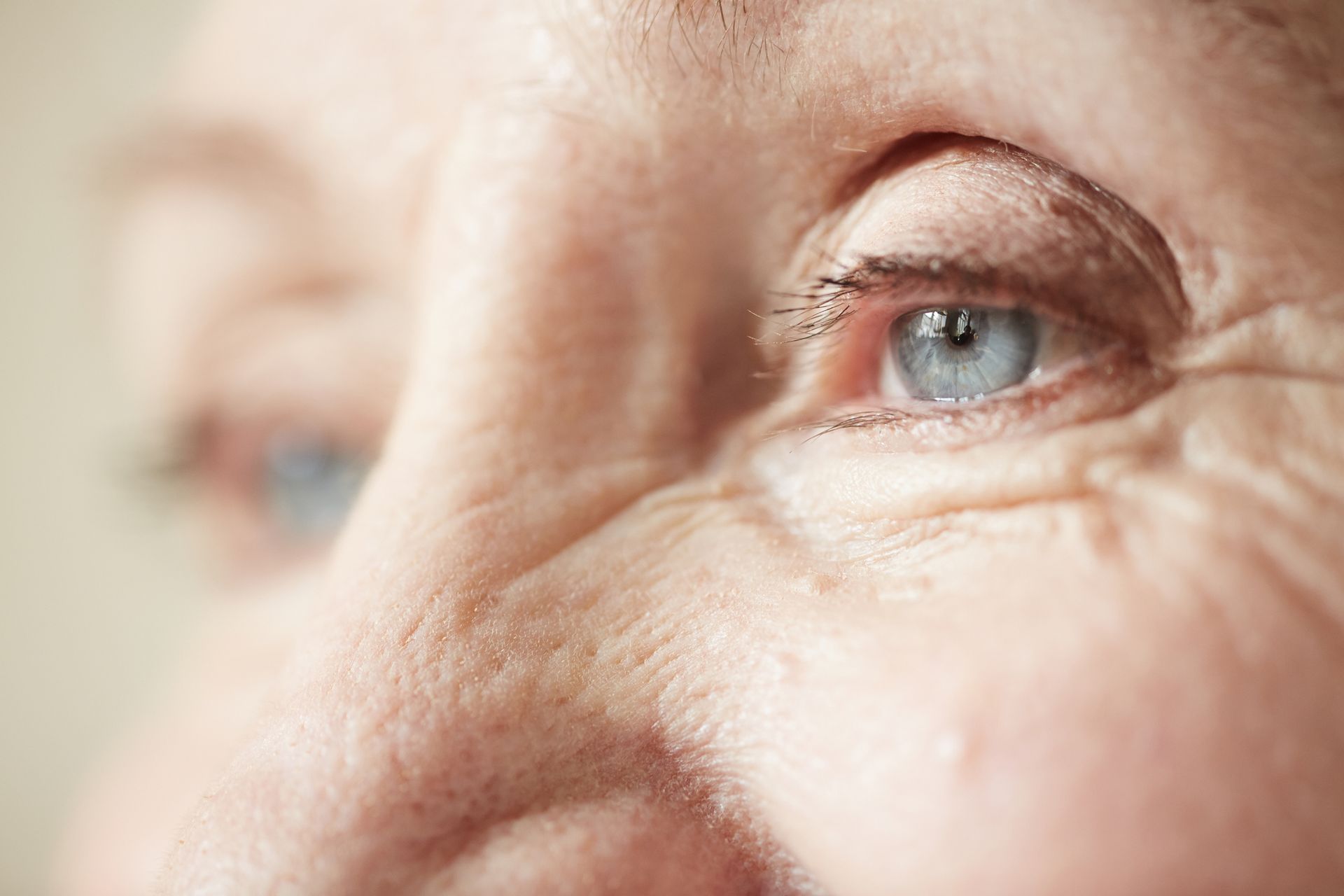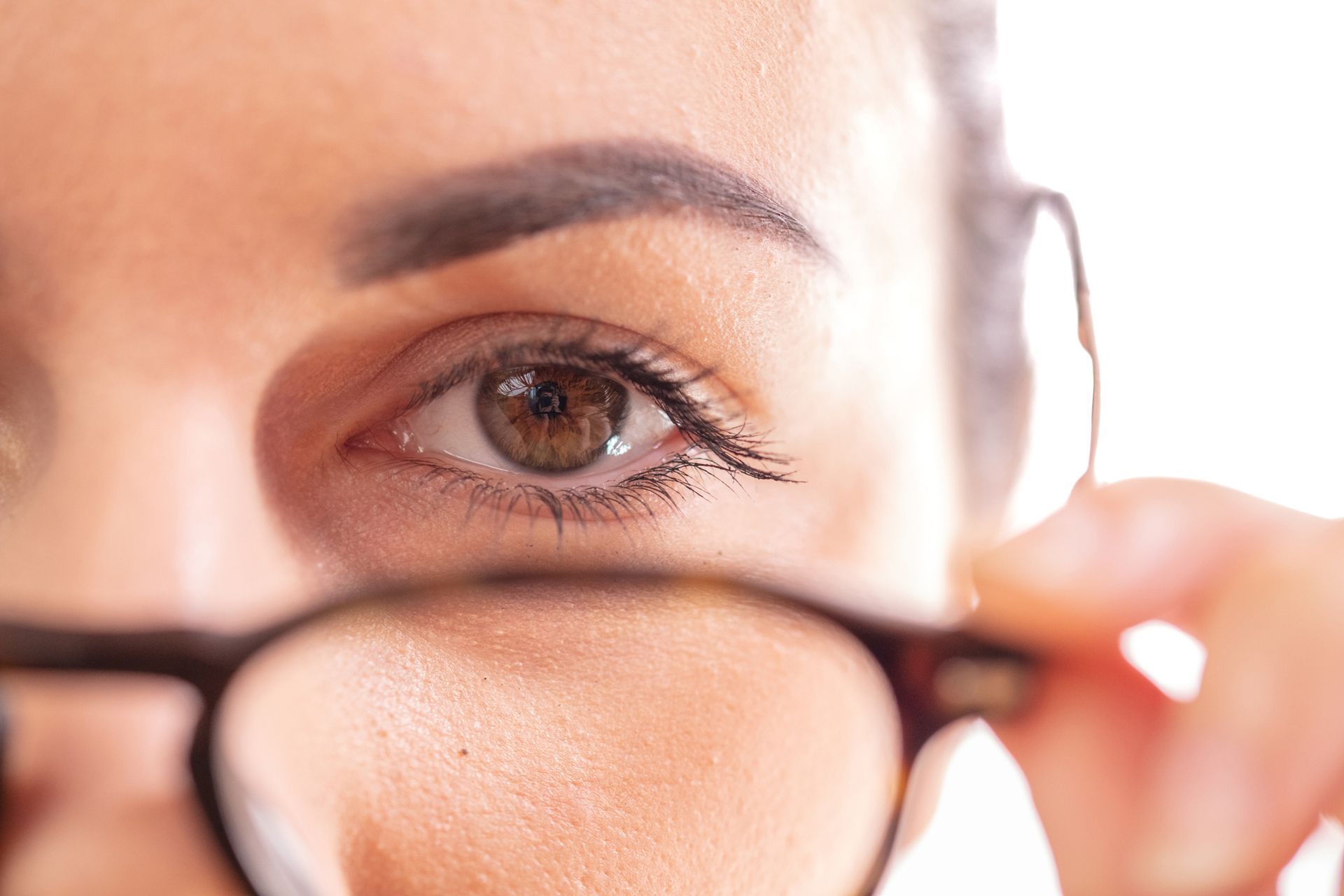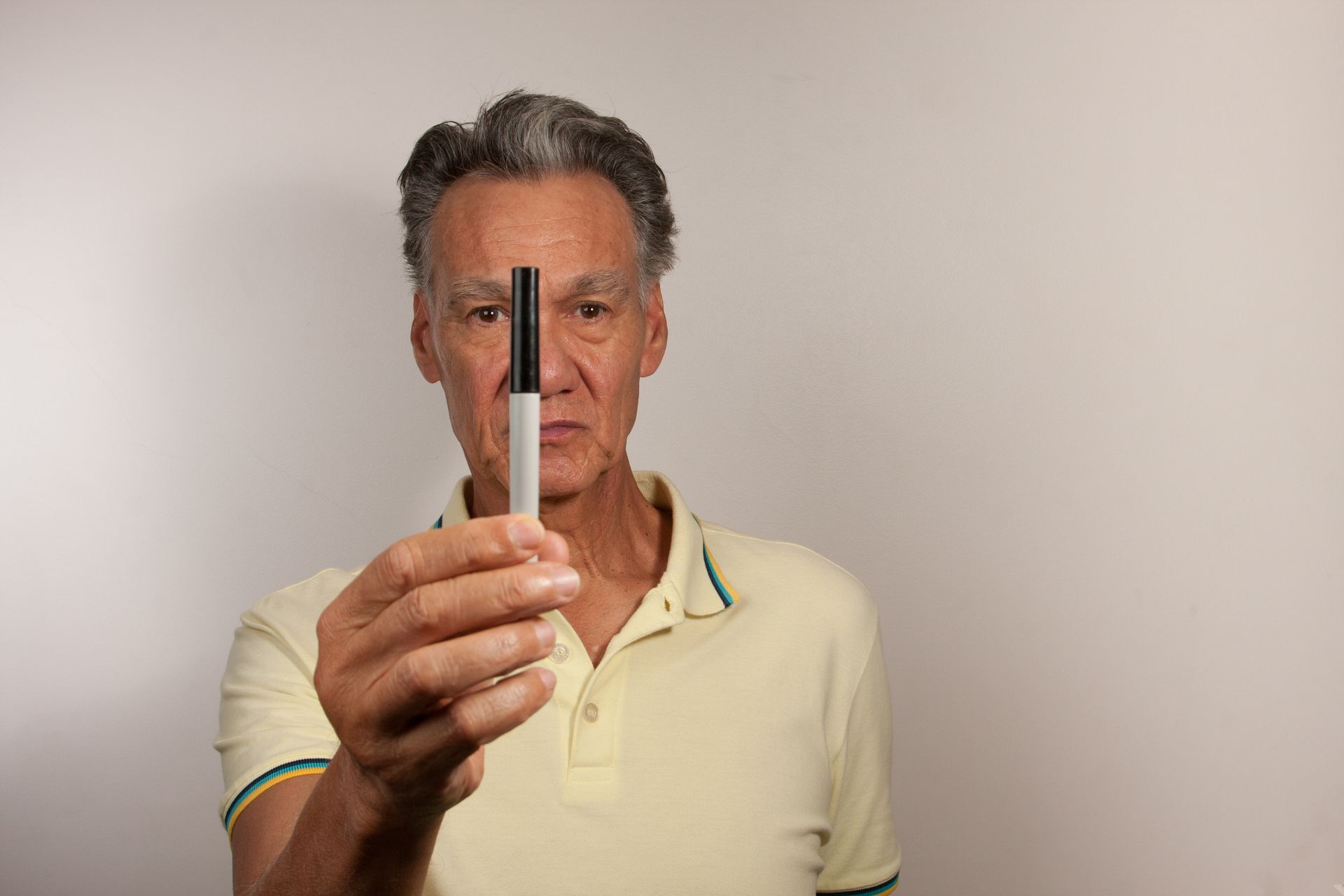What Not to Do Before an Eye Exam
Wondering what not to do before an eye exam? Avoiding the wrong habits can make a big difference. Don’t strain your eyes, skip caffeine and alcohol, and ditch the contact lenses. These tips will help you get the most accurate results from your exam.
Key Takeaways
- Rest your eyes and limit screen time before your exam to ensure accurate results and comfort.
- Skip caffeine and alcohol for 24-48 hours prior to your appointment to maintain optimal eye health.
- Bring necessary documents, current eyeglasses, and sunglasses to streamline your visit and enhance comfort.
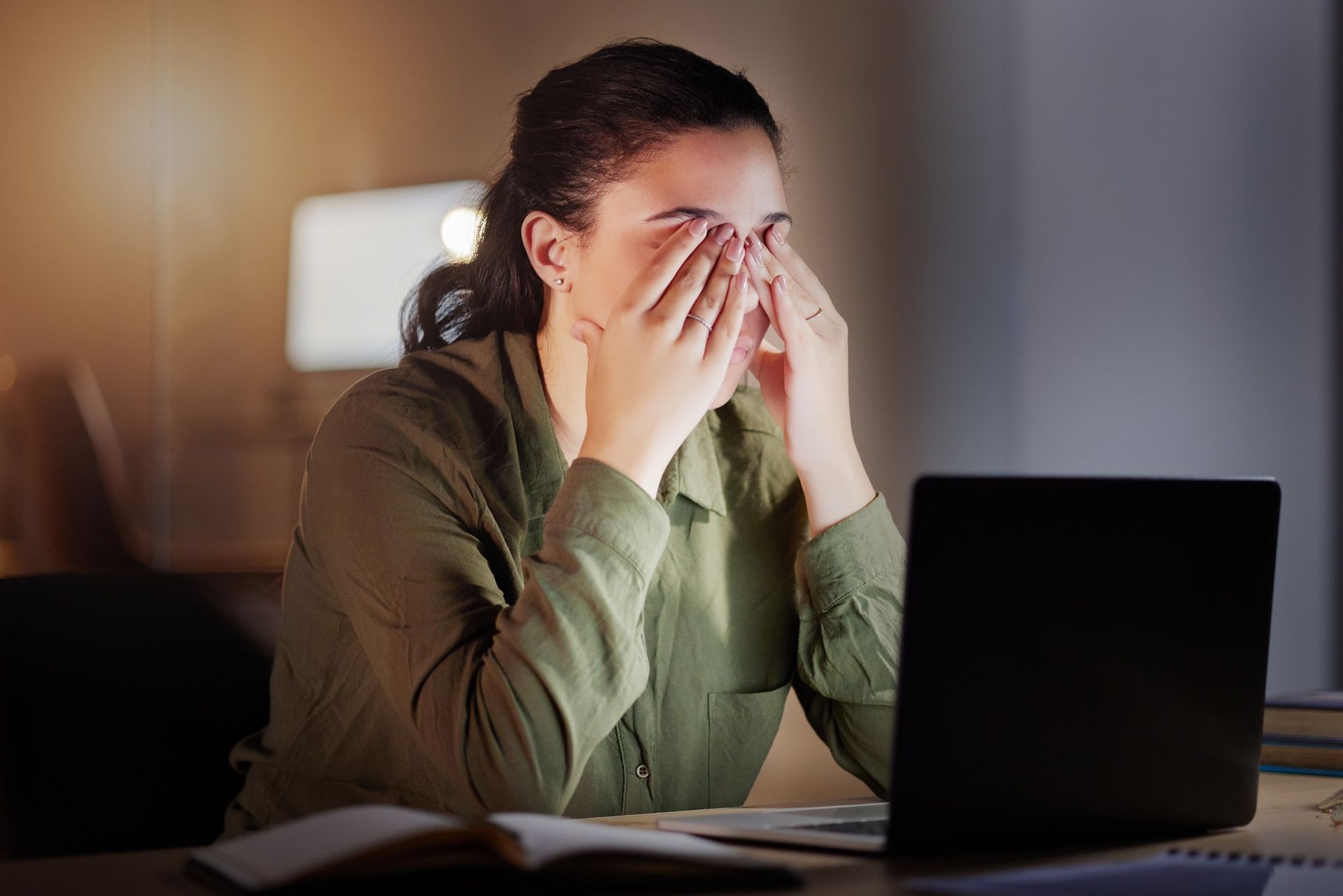
Avoid Excessive Eye Strain
Avoiding excessive eye strain before an eye exam is critical. Activities such as extended screen time or lack of sleep can lead to eye fatigue, affecting the accuracy of your exam results. Well-rested eyes are essential for precise measurements and a thorough assessment of your eye health.
Focusing on resting your eyes and limiting screen time reduces digital eye strain, allowing you to avoid situations that strain your eyes and keep them in their natural, relaxed state during your visit.
Rest Your Eyes
Getting enough sleep is an effective way to ensure your eyes are well-rested for an exam. Aim for at least 8 hours of sleep the night before, allowing your eyes to recover and reducing strain risk. Scheduling your exam in the morning helps too, as your eyes will be at their freshest.
Minimize eye strain by taking regular breaks from screens. Follow the 20-20-20 rule: every 20 minutes, take a 20-second break to look at something 20 feet away. This reduces digital eye strain and keeps your eyes from feeling fatigued.
Limit Screen Time
Excessive screen time before an eye exam can lead to digital eye strain, impacting your vision and comfort. Reducing screen time in the hours before your exam helps maintain eye readiness for testing.
Limit activities like reading, watching television, and using a computer for long periods to prevent eye strain. Instead, engage in activities that allow your eyes to rest and recover, ensuring they are in optimal condition for your eye exams.
Skip Caffeine and Alcohol
Skipping caffeine and alcohol before an eye exam is crucial. These substances can affect blood pressure and overall eye health, leading to skewed results. Caffeine can cause headaches or blurry vision, while alcohol can lead to dry and irritated eyes, compromising accuracy.
Abstaining from caffeine and alcohol for 24 to 48 hours before your appointment normalizes blood pressure and ensures your eyes are in optimal condition for testing. This step is critical for obtaining accurate results.
Avoid Coffee
Caffeine can raise blood pressure, impacting the accuracy of your eye exam. High blood pressure can cause blurry vision or headaches, interfering with tests. Skip your morning coffee on the day of your exam to avoid these issues.
Instead, opt for decaffeinated beverages or herbal tea, which do not raise blood pressure. This simple swap helps ensure stable blood pressure and accurate eye exam results.
No Alcohol
Alcohol consumption can lead to dry and irritated eyes, complicating accurate readings. Additionally, alcohol can increase blood pressure, compromising exam accuracy. Avoid heavy drinking the night before and refrain from alcohol on the day of your appointment.
Steering clear of alcohol helps maintain eye moisture levels and normal blood pressure, both contributing to a successful eye exam.
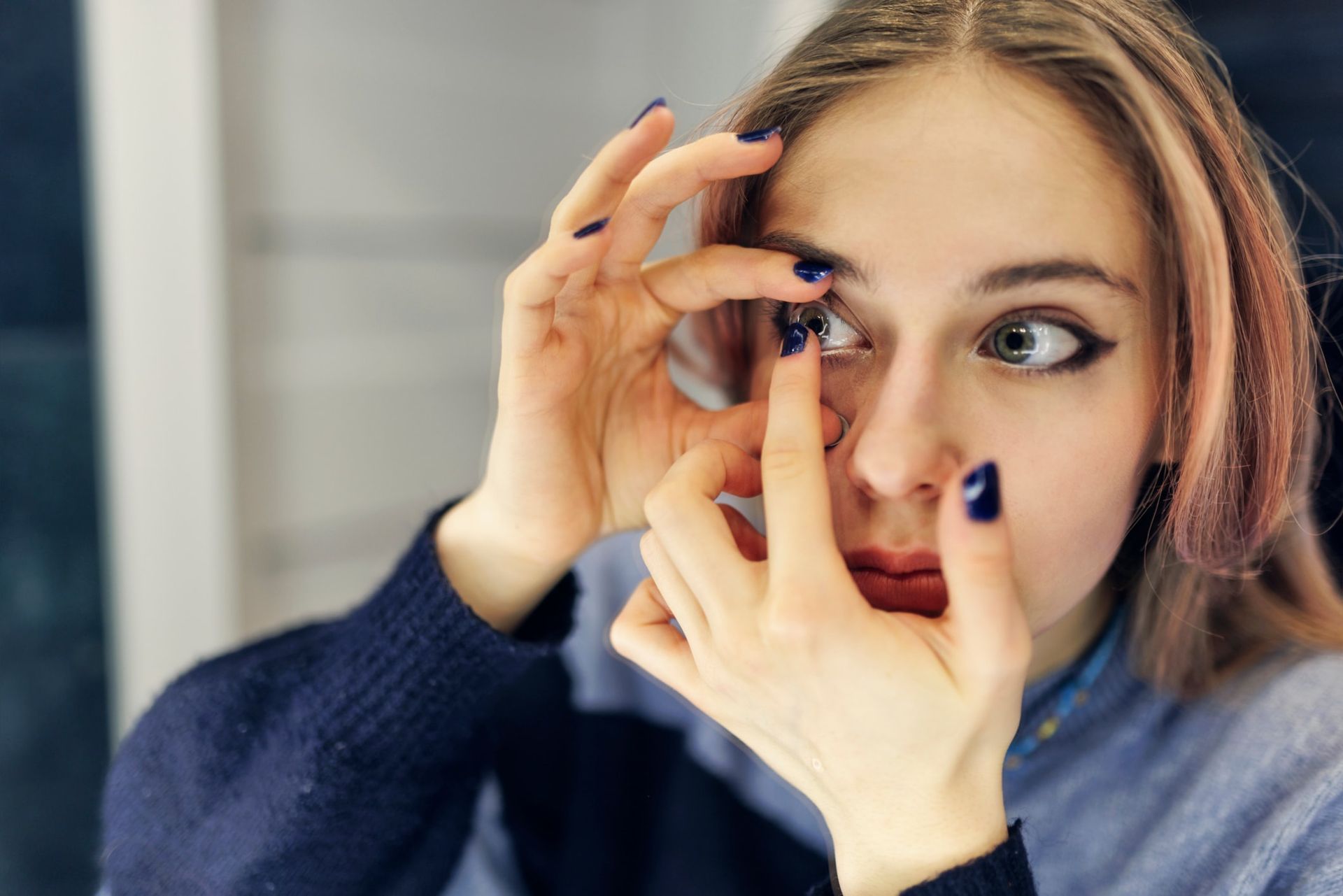
Don't Wear Contact Lenses
Wearing contact lenses before an eye exam can prevent your eyes from being in their natural state, leading to inaccurate measurements. Switch to glasses for at least 24 hours before your appointment to allow your eyes to rest and recover from potential irritation.
Not wearing contact lenses before your exam can avoid prolonging the appointment, as you should wear contacts that need to be removed for certain tests. This small step contributes to a more efficient and accurate exam experience.
Bring Current Eyeglasses
Bring your current prescription eyeglasses to the appointment to compare new measurements with existing vision correction needs. This helps your eye doctor assess changes and adjust your prescription accordingly.
Bring a pair of sunglasses to manage light sensitivity after the exam. Eye dilation increases sensitivity to light, and having your own sunglasses ensures comfort and protection afterward.
Don't Forget Sunglasses
Light sensitivity often follows eye dilation during an exam. To manage this, bring sunglasses to your appointment. If forgotten, temporary darkened inserts can be provided, but having your own ensures immediate comfort and protection.
Wearing sunglasses post-exam helps manage light sensitivity and protects your eyes from bright light, contributing to eye health and comfort.
Protect Your Eyes
Wearing sunglasses after your exam not only provides comfort but also protects your eyes from bright light and potential damage. This simple step can significantly improve how you feel after the exam and contribute to long-term eye health.
Having your sunglasses is a small but important part of preparing for a comprehensive eye exam. It helps manage light sensitivity and keeps your eyes protected, ensuring a successful exam experience.
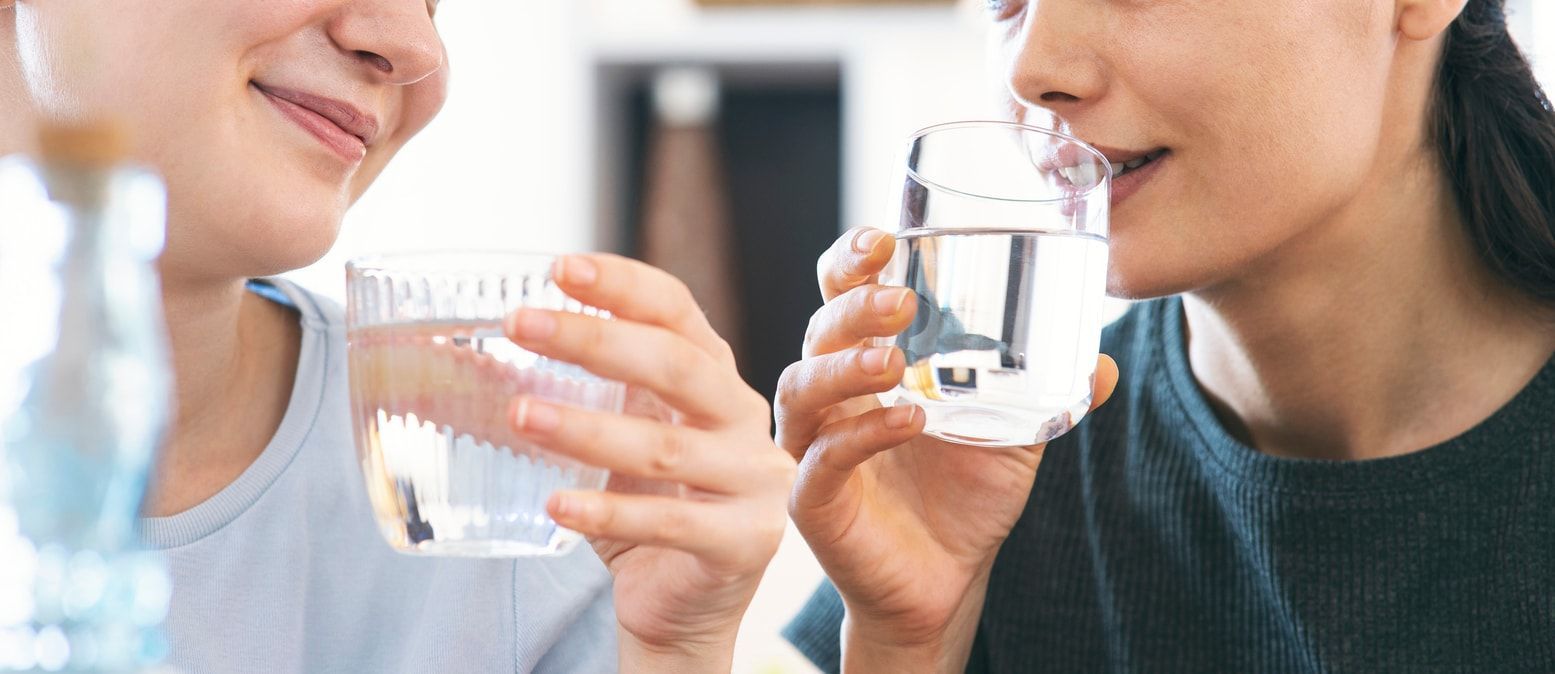
Stay Hydrated
Hydrating before your eye exam minimizes discomfort and keeps your eyes moist. Adequate hydration prevents dry and itchy eyes, which can affect both comfort and exam accuracy. Drinking plenty of water in the days before your appointment ensures your eyes are in their best condition.
Avoiding dehydrating substances like alcohol is also important, as dehydration can worsen dry eye symptoms and overall eye health.
Benefits of Hydration
Proper hydration enhances tear production, which is crucial for eye comfort during exams. Tears cleanse the eyes and prevent irritation, ensuring comfort during various tests.
Staying hydrated maintains moisture levels in your eyes, enhancing overall eye health. This simple step can significantly improve the accuracy of your exam results and your comfort during the appointment.
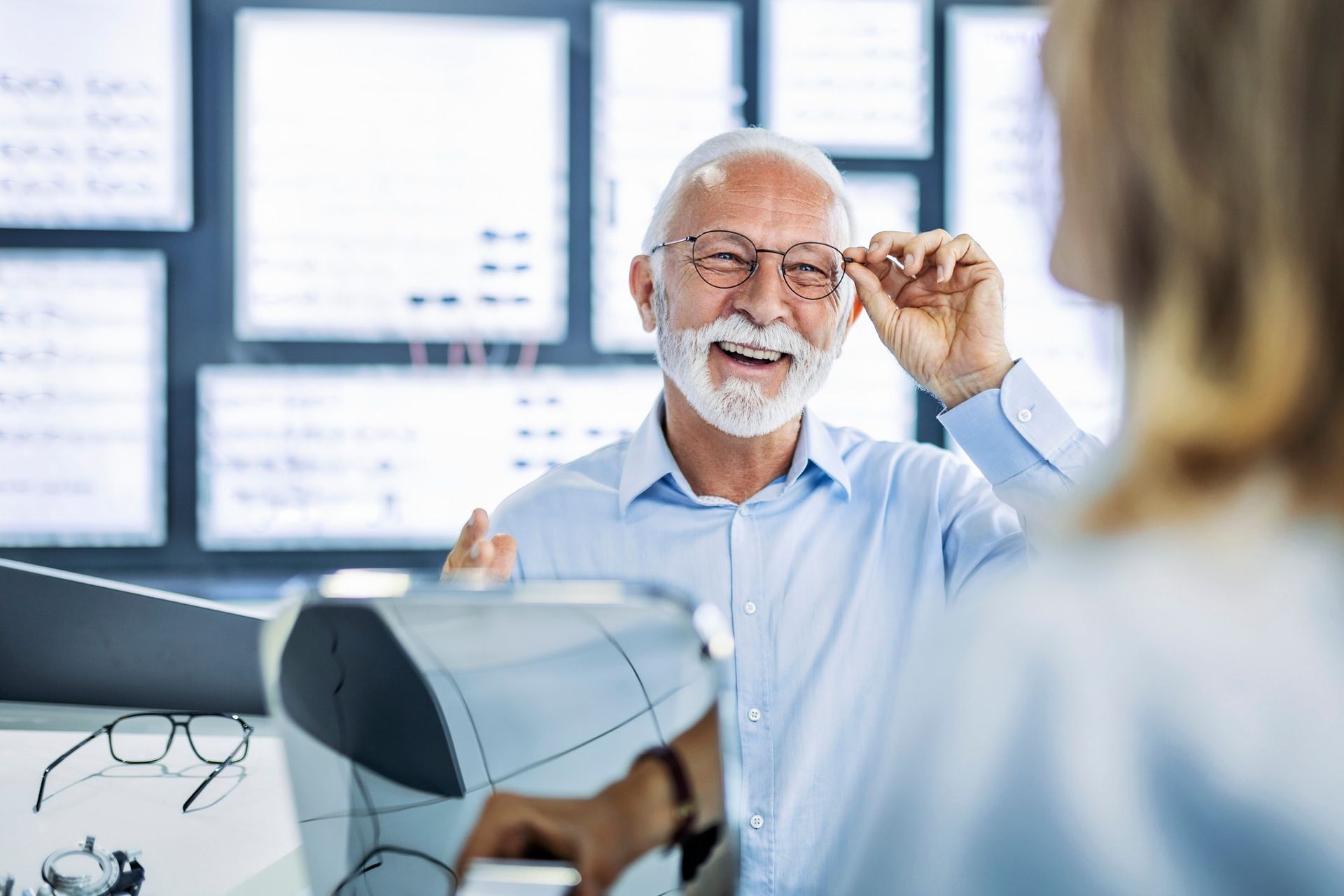
Communicate Your Concerns
Communicate any concerns or symptoms with your eye doctor. Note changes in your vision, such as eye strain, headaches, or blurry vision, and discuss them during your appointment. This will help your doctor better understand your eye health and address any issues.
Preparing a list of questions or concerns beforehand ensures you don’t forget anything important during the exam. This proactive approach helps you make the most of your appointment and better understand your eye health.
Prepare a List of Questions
Creating a list of inquiries ensures you address all your concerns during your visit. This can include questions about vision corrections, symptoms, or any eye health issues you’re worried about.
Discussing test results and vision changes with your doctor provides valuable insights into your eye health. Being prepared with a list of questions ensures a thorough and productive eye exam.
Summary
In summary, preparing for an eye exam involves several key steps to ensure accurate results and a comfortable experience. These include avoiding excessive eye strain, skipping caffeine and alcohol, not wearing contact lenses, bringing your current eyeglasses, and staying hydrated.
Taking these steps not only ensures a successful eye exam but also contributes to your overall eye health. By being proactive and well-prepared, you can make the most of your eye exam and maintain optimal vision. So, take these tips to heart and ensure your next eye exam is as effective and comfortable as possible.
Frequently Asked Questions
How long does an eye exam take?
A routine eye exam typically takes between 30 and 45 minutes, so you can easily fit it into your day! Remember, taking care of your vision is a crucial step towards a brighter future.
What is the best time of day to get your eyes checked?
The best time to get your eyes checked is usually in the morning, as your eyes will be less fatigued before you start your day. Prioritize your eye health and schedule that appointment!
Why should I avoid screen time before my eye exam?
Avoid screen time beforehand to ensure the best results from your eye exam. Screen time can cause digital eye strain and fatigue. Prioritize your eye health for an accurate evaluation!
How long should I avoid wearing contact lenses before my exam?
To ensure your eyes are in their natural state, switch to glasses for at least 24 hours before your exam. This small step can make a big difference in your eye health assessment!
Why do I need to bring my current eyeglasses to the exam?
Bringing your current eyeglasses is essential, as it allows your eye doctor to assess your vision needs accurately. This will ensure that your new prescription provides the best possible clarity and comfort!
All Rights Reserved | Pro Optical

